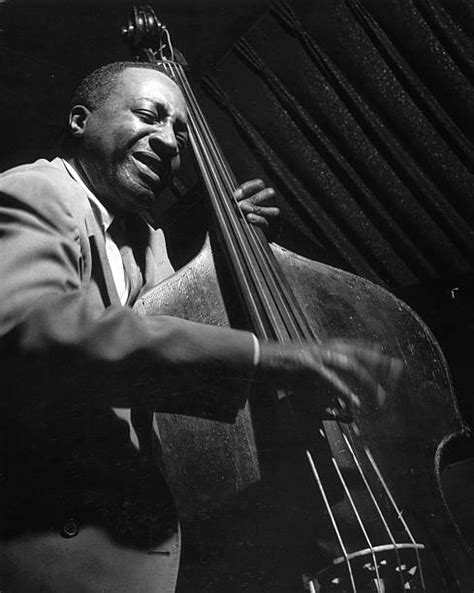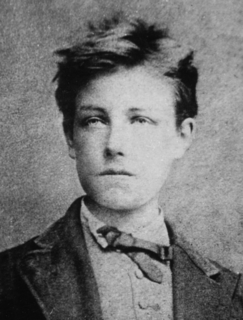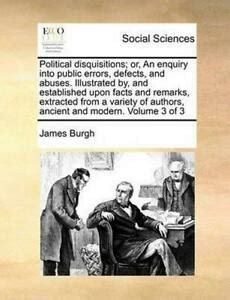A Quote by Steven Pressfield
The professional arms himself with patience, not only to give the stars time to align in his career, but to keep himself from flaming out in each individual work.
Quote Topics
Related Quotes
Reason cannot desire for man any condition other than that in which not only every individual enjoys the most absolute, unbounded freedom to develop himself out of himself, in true individuality, but in which physical nature, as well, need receive no other shaping by human hands than that which is given to her voluntarily by each individual, according to the measure of his wants and his inclinations, restricted only by the limits of his energy and his rights.
First of all, although men have a common destiny, each individual also has to work out his own personal salvation for himself in fear and trembling. We can help one another to find the meaning of life no doubt. But in the last analysis, the individual person is responsible for living his own life and for "finding himself." If he persists in shifting his responsibility to somebody else, he fails to find out the meaning of his own existence. You cannot tell me who I am and I cannot tell you who you are. If you do not know your own identity, who is going to identify you?
The fact that labour is external to the worker, i.e., it does not belong to his intrinsic nature; that in his work, therefore he does not affirm himself but denies himself, does not feel content but unhappy, does not develop freely his physical and mental energy but mortifies his body and his mind. The worker therefore only feels himself outside his work, and in his work feels outside himself.
It seems to me a purely lyric poet gives himself, right down to his sex, to his mood, utterly and abandonedly, whirls himself roundtill he spontaneously combusts into verse. He has nothing that goes on, no passion, only a few intense moods, separate like odd stars, and when each has burned away, he must die.
In a community of human beings working together, the well-being of the community will be the greater, the less the individual claims for himself the proceeds of the work he has himself done; i.e., the more of these proceeds he makes over to his fellow workers, and the more his own requirements are satisfied, not out of his own work done, but out of work done by the others.
A professional entertainer who allows himself to become known as a singer of folk songs is bound to have trouble with his conscience provided, of course, that he possesses one. As a performing artist, he will pride himself on timing and other techniques designed to keep the audience in his control ... his respect for genuine folklore reminds him that these changes, and these techniques, may give the audience a false picture of folk music.
Only to the extent that someone is living out this self transcendence of human existence, is he truly human or does he become his true self. He becomes so, not by concerning himself with his self's actualization, but by forgetting himself and giving himself, overlooking himself and focusing outward.
The individual is defined only by his relationship to the world and to other individuals; he exists only by transcending himself, and his freedom can be achieved only through the freedom of others. He justifies his existence by a movement which, like freedom, springs from his heart but which leads outside of himself.
No kingdom can be secured otherwise than by arming the people. The possession of arms is the distinction between a freeman and a slave. He, who has nothing, and who himself belongs to another, must be defended by him, whose property he is, and needs no arms. But he, who thinks he is his own master, and has what he can call his own, ought to have arms to defend himself, and what he possesses; else he lives precariously, and at discretion.
Each man had only one genuine vocation - to find the way to himself....His task was to discover his own destiny - not an arbitrary one - and to live it out wholly and resolutely within himself. Everything else was only a would-be existence, an attempt at evasion, a flight back to the ideals of the masses, conformity and fear of one's own inwardness.


































